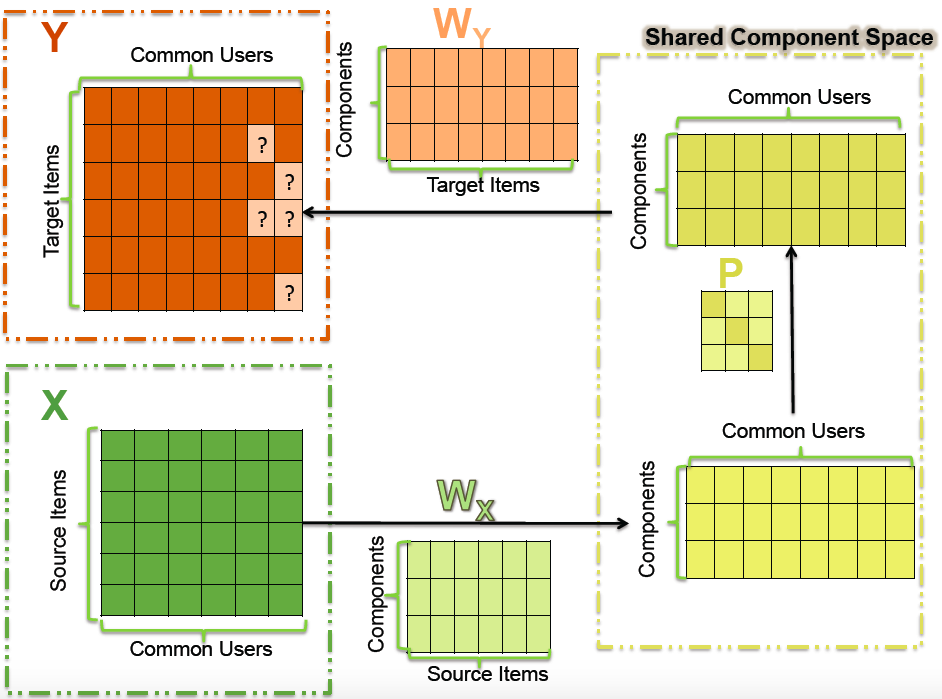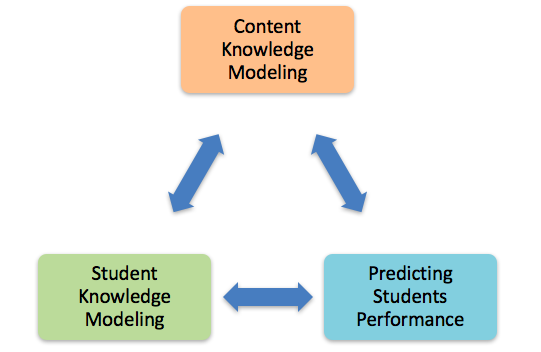Recommender Systems
Recommendation systems have emerged as one of the solutions to the information overload problem in 1990’s. Nowadays, they are an essential part of many modern web systems. Their goal is to present the most desirable information and products (items) to users based on their preferences. Although recommender systems are the topic of much research, many open problems still exist, e.g.:
- How to recommend items to a new user, or recommend a new item to users (cold-start problem)?
- How to learn user preferences in one domain (e.g., perfumes), based on their information in another domain (e.g., games) (cross-domain recommenders)?
- How to explain the generated recommendations to users (recommendation explanation and review generation)?
- How to use various user feedback types (e.g., reviews, clicks, and ratings) and information resources to provide better recommendations (multi-view and hybrid recommenders)?
In PersAI lab, we explore methods and develop machine learning models and algorithms that address these problems.

Learning Analytics and Education Data Mining
Growth of Massive Open Online Courses (MOOC) has rapidly increased the volume of data on students’ education and learning behavior. This abundance of data calls for approaches that can automatically make sense of the data, and that remove the need for manual handling of such massive amounts of data. Predicting students performance, modeling student knowledge, discovering the underlying concepts in learning material, and recommending learning resources to students, are some of the tasks that can benefit from these automatic approaches. My research in this area focuses on developing and applying machine learning approaches such as matrix and tensor decompositions to automatically learn these tasks from student data.

